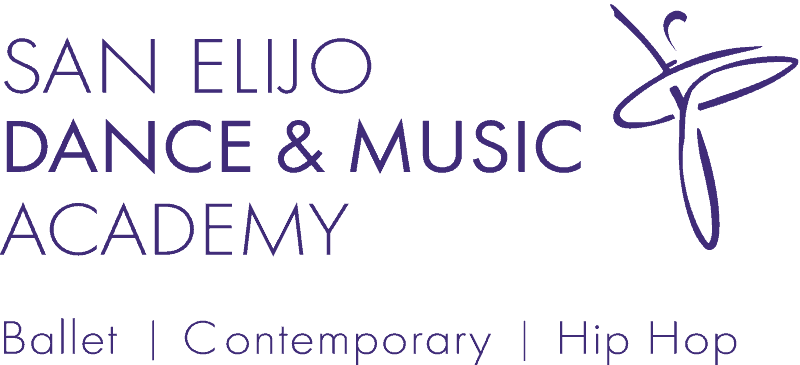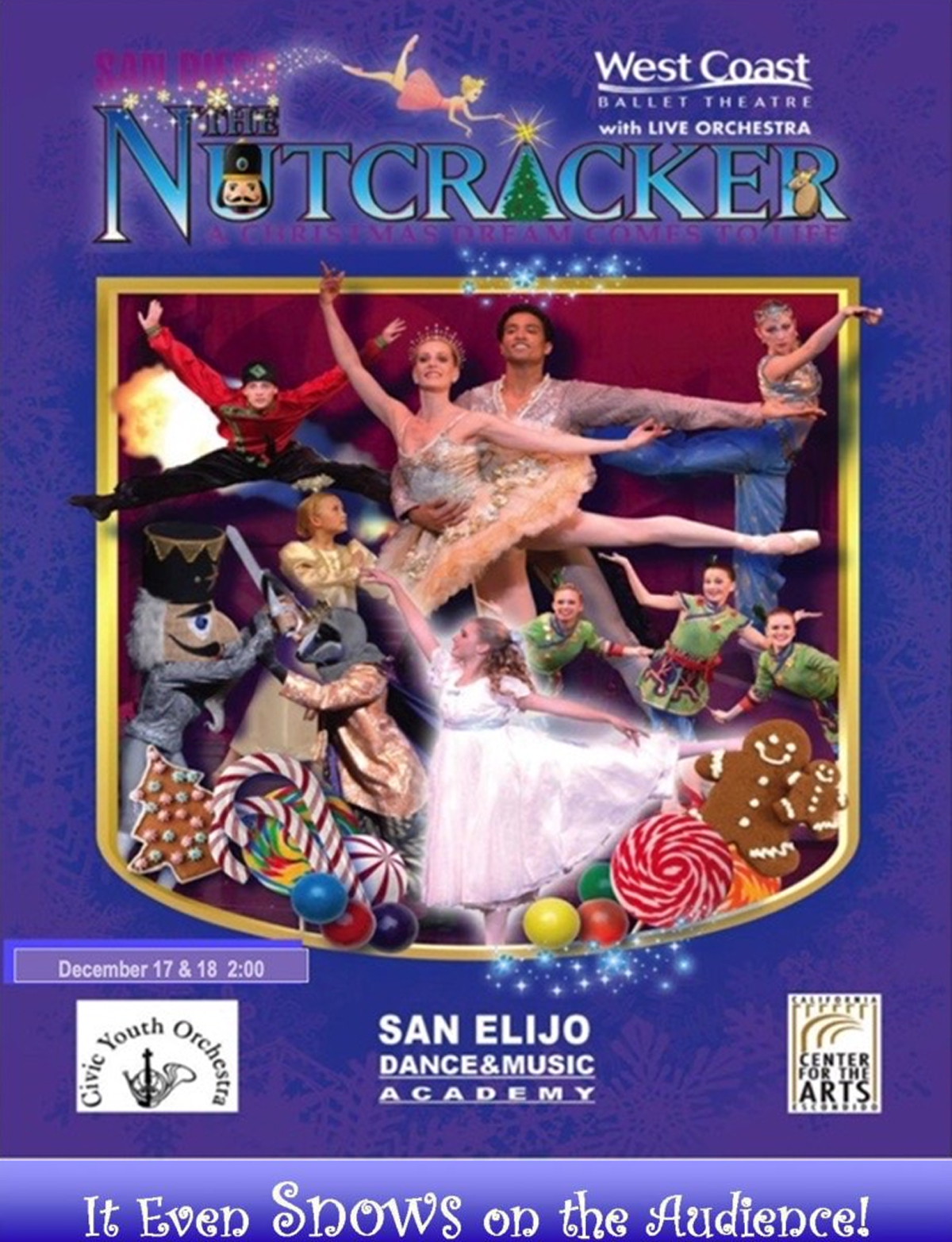In 2019, there were fewer than 17,000 professional dancing jobs in the US, according to the Bureau of Labor Statistics.
Do you think your teen has the potential to pursue a career in dancing? Instead of standard ballet classes, consider signing them up for ballet conservatory training.
But what exactly is conservatory-style training? And how do you know if it’s the right choice for your child? We’ve got the answers you need.
Keep reading to learn more about conservatory training and the benefits your teen dancer can expect to experience from it.
What Is Conservatory Training?
Ballet conservatory training is a set of more technically advanced classes. They’re ideal for dancers who wish to grow their skills and improve their technique.
We currently offer conservatory training classes for Ballet levels 1-4. We also have options for Pre-Professional levels 1 and 2. Students in these classes have the opportunity to perform in:
- A spring showcase
- A graduation recital
- The West Coast Ballet Theater Nutcracker performance
Our conservatory classes also provide our dancers with opportunities for performing on stage. This gives them crucial experience should they decide to pursue professional dancing throughout college and beyond. For example, some of our conservatory dancers have performed Brahms Waltzes and excerpts from A Midsummer Night’s Dream.
Benefits of Ballet Conservatory Training
So, how do you know if our conservatory classes are the right choice for your teen? Let’s take a closer look at some of the benefits they’ll experience by taking these unique classes.
Allows for More Focused Training
While traditional dance classes teach you the basics, conservatory training goes much deeper. As a conservatory student, your child will be able to work on more techniques, with a focus on how to prepare for performances.
Dancing on stage for an audience is a different experience than dancing in a classroom setting. These classes help prepare your child.
Additionally, conservatory classes are generally smaller than standard dance classes, reserved for only the most serious dancers. This gives your child more facetime with our instructors.
As a result, your child will receive more attention. This helps them to develop the skills they need to excel as a dancer.
High Standards Lead to Results
Conservatory classes cater to dancers who are serious about improving their craft. So, the standards are higher than those in more casual dance classes.
While we always want our students to have fun and pursue their love of dancing, we hold conservatory students to the highest standards, particularly leading up to performances.
This, in turn, leads to dancers who are well-prepared to take the stage, performing moving dances for the world to see. High standards lead to impressive results. That’s why conservatory training is so effective.
Builds Critical Skills
There’s no shortage of physical and mental health benefits of taking ballet. However, conservatory-style training takes it a step further. By signing up for conservatory classes, your child will strengthen their bodies.
This helps them meet the physical demands of ballet and performances.
Conservatory classes also emphasize every minute technique. We teach students how to be regimented in their training for the best possible results.
Through conservatory training, your teen will also develop crucial social skills. Group performances require coordination and working together for success, which we’ll teach them.
Gives Exclusive Access to Professional Performing Experiences
Perhaps the most exciting benefit of conservatory training is that it gives your teen the unique opportunity to perform in new ways. It also gives them access to big stages!
Most standard dance classes have routine recitals that are performed for parents and friends. Conservatory classes, however, give your teen more performing experiences. As we mentioned above, our conservatory students have the opportunity to perform in The Nutcracker at the California Center for the Arts: Escondido.
Complete with stunning costumes, gorgeous set design, and an orchestra, participating in this performance allows your teen to experience what it’s like to perform professionally.
Helps Students Prepare for a Career in Dance
Is your teen thinking about pursuing a career in dance? Enrolling them in conservatory-style training classes is the best way to prepare them.
The rigorous classes will help them decide if they have what it takes to attend a performing arts university before they begin their career.
Attending conservatory classes will also give them a competitive advantage when applying to programs, as they’ll have the necessary training and experience to stand out among the competition.
Why Choose San Elijo Dance and Music Academy?
When you’re looking for conservatory classes for your dancer, look no further than San Elijo Dance and Music Academy. Our approach to teaching ensures that our students learn in a fun, interactive environment. We’ll teach them the skills they need to help them apply to impressive dance programs around the country.
But, don’t just take our word for it! Our former students have gone on to dance around the nation. They’ve performed in some of the country’s most prestigious universities and dance companies.
We offer a variety of classes. Our beginner classes allow your child to see if they’re interested in dance. Our high-level conservatory classes are for the most serious dancers.
Help Your Teen Pursue Their Dance Dreams
Now you know more about ballet conservatory training and how it can benefit the dancer in your life! As a result, you’re better equipped to decide if it’s time to enroll your teen in this specialized training.
We’d be happy to talk more to you about our conservatory classes. We can help you determine if they’re the right fit for your child and answer any questions you may have.
Contact us today to learn more about how we can help your teen develop the skills they need to excel in their pursuit of dance.


